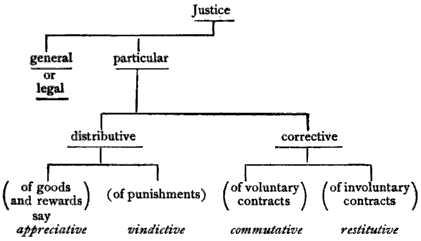Some bits-and-pieces from here-and-there:
- Not all tax resistance has to do with grand global issues or conscientious objection; some is just the protest of people who feel they’re getting shafted by a government that takes too much and provides too little. Case in point: Scott Frisby of Southend. He says the government has failed to provide even the minimum of services, and so he’s dropping his subscription (or at least 25% of it). Scroll down to the bottom to read the hilarious response from Southend Council’s customer service department.
- The Indianapolis Baptist Temple started refusing to pay federal taxes in , when pastor Gregory Dixon “decided the church would break all ties with the government and no longer act as its agent in withholding taxes from its employees,” citing Constitutional freedom of religion as his mandate for taking his church out from under Uncle Sam’s thumb. For several years, nothing came of this defiance, but in the early 1990s, the IRS started seeking back taxes, eventually filing liens against the church and against Dixon. The church fought back in court, but lost a series of appeals, finally getting turned down by the U.S. Supreme Court in . Here’s the story, with links to the court opinions.
- War Resisters’ International has released their Handbook for Nonviolent Campaigns for free, on-line.
- A populist form of tax resistance is aimed at speed and red-light cameras that scan license plates of offending vehicles, snap photos of the drivers, and automatically issue traffic tickets.
These cameras are more a revenue-raising program than a safety-encouraging one, and they’re causing lots of resentment.
A driver has racked up dozens of speeding tickets in photo-radar zones on Phoenix-area freeways while sporting monkey and giraffe masks, and is fighting every one by claiming the costumes make it impossible for authorities to prove he was behind the wheel.
It took Arizona state police months to realize the same driver was involved and was refusing to pay the fines. By the time they did, more than 50 of the tickets had become invalid because the deadline for prosecution had passed.
Arizona began deploying the stationary and mobile cameras on state highways a year ago, and through had issued more than 497,000 tickets. Of those, about 132,000 recipients had paid the fine of $165 plus a 10 percent penalty, netting the state more than $23 million. Arizona is the first to deploy such technology on highways statewide.
Many of the remaining tickets are either new, being appealed or have just been ignored. The state didn’t have figures immediately available on the breakdown.
The backlash against the cameras has been fairly constant, however. Arizonans have used sticky notes, Silly String and even a pickax to sabotage the cameras.
Many believe the shooting death of speed-enforcement van operator Doug Georgianni on on a Phoenix freeway was a result of anger over the cameras, although authorities haven’t made that direct allegation.
“It’s a peaceful act of resistance — that’s what this country was founded on,” VonTesmar said. “I’m not thumbing my nose at DPS, but photo radar is not a DPS officer protecting public safety. It’s nothing but a speed tax.”
- Tax resister NTodd Pritsky shares some meditations on civil disobedience, complicity, and knowing how much of yourself to devote to a better world when it seems like even 100% isn’t enough.
- Forbes reports that a Treasury Inspector General for Tax Administration investigation turned up evidence that IRS employees are issuing huge fraudulent “refunds” for fun and profit, but the IRS doesn’t have procedures in place to keep track of how manual refunds are generated, so nobody knows for sure.

